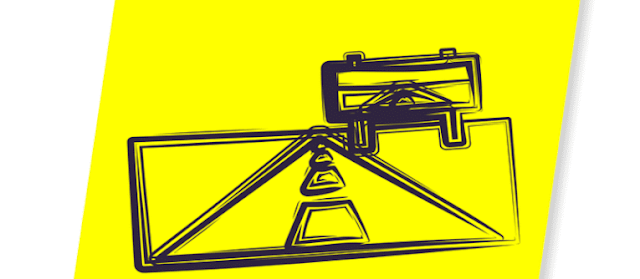Your ERP Implementation Roadmap
Are you thinking about implementing
an Enterprise Resource Planning (ERP) solution?
Well, consider this your roadmap for the implementation
process. Nothing has a more significant impact on the long-term success
or failure of your ERP system that the quality of the
implementation. Done well, you’re more likely to experience a greater ROI
(Return on Investment) in a lot less time. If the implementation process was
poorly executed, you could waste a lot of time and money without ever seeing
any advantages.
With so much riding on the ERP
implementation, it’s crucial to make every effort to optimize the process. That
means taking on the implementation with a clear understanding of what you need
to do, when you need to do it and why. Here are eight strategies to outline and
create an effective roadmap for your ERP implementation process.
1)
Get a Team Together:-
By gathering your top notch experts and stakeholders in the
implementation process, you can ensure that you meet all the requirements possible. Figure out who needs to be
involved, engage them, enlist their help, and create a schedule for meetings
and updates.
2)
Devote Time to Training:-
Training end users to embrace and employ an ERP solution as
completely as possible is not easy. We suggest gathering some training
resources and figuring out how much time and money you can dedicate to the
process, and how you will track understanding and engagement of the new
software.
3)
Evaluate Your Hardware
If you need to supplement your IT
infrastructure in order to implement your ERP on-premise, it’s good to start by
figuring out what you will need, how much it will cost, and how you can go
about installing it. With a cloud-based ERP solution,
however, your hardware requirements are pretty much non-existent since it’s in
“the cloud.”
4)
Plan for Data Transfer:-
This is very well one of the hardest parts of an ERP
implementation process. Figure out exactly what data needs to be transferred,
where it is located, what the transfer itself will require, and how you can
test that the transfer was successful and complete. It’s important to note that
you shouldn’t leave any data behind, or else it could cost you.
5)
Create Testing Scenarios
A good implementation process involves testing every aspect
of the ERP solution before going live with it. By creating testing scripts or
scenarios, it will ensure you run every possible procedure through every
possible motion. It’s always better to prolong testing rather than going live
with a mediocre application.
6)
Make up a Resolution Protocol
The implementation process is all about finding the bugs and
issues in order to fix them faster. Make up a team who will be responsible for
resolving errors, what timelines and workflows they will follow, and how they
will prioritize ERP projects.
7)
Figure out the Configuration
Depending on the ERP you choose to implement into your
business or organization, you can most likely customize its features,
functions, and interfaces to your already existing workflows and organizational
structure. By working with the ERP vendor to determine what is possible and how
you can configure your ERP without compromising it, you can avoid any
customization issues in the future.
8)
Note Timelines
Your ERP implementation process should somewhat depend on
schedules and timelines. This way, it is much easier to track your progress and
adjust accordingly. Determine benchmarks that define success or failure, it’s
unrealistic to expect any software implementation to proceed perfectly.
However, that doesn’t mean you should ignore the scope or scale of mistakes and
setbacks.
Frontline Information Technology is a major ERP company in ERP Software development services and we design and
give tailor-made solutions for any company coming in a small, mid or large cap. We develop
customized solutions for industries to meet the flow and standards practice by
them in different segments.
If you are looking for a Custom ERP solution for your company, you can contact and reach us. We are ready to understand your needs and will
give you best solution to meet up your requirements.



Comments
Post a Comment